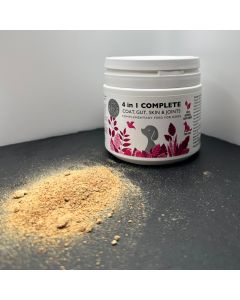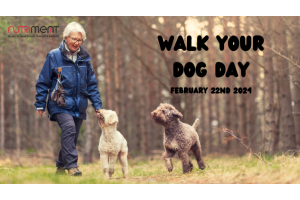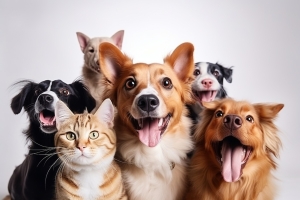How much sleep does your dog need?
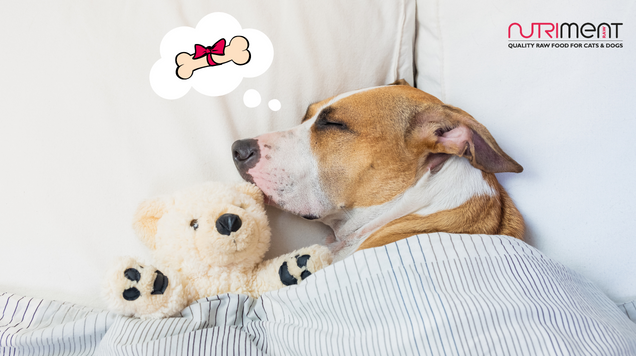
Whether they’re stretched out in the sunshine, curled round your feet under the desk or sprawled over their (or your!) plush bed, you might feel envious of how often your pooch naps throughout the day.
But how much are they actually sleeping? How much sleep does a dog tend to need? And how can we help a dog get the right amount of sleep?
First of all, we need to go back to sleep basics…
There are three types of sleep pattern: monophasic, biphasic and polyphasic. Adult humans tend to follow monophasic patterns i.e. sleeping once in a 24-hour period. Adult dogs are considered polyphasic sleepers, as they sleep multiple times throughout a 24-hour period.
In actual fact, adult dogs tend to spend around 50% of their ‘day’ asleep (a ‘day’ being a 24-hour period), 30% in a drowsy state, and then 20% fully awake and active. This may explain why they can so quickly jump to attention when we think they’re far away in dreamland. Dogs also have fairly short sleep cycles of 45 minute periods (compared to the 70-120 minute sleep cycles of humans). Of this 45-minute period, only around six minutes are spent in the REM / dream / deep sleep stage.
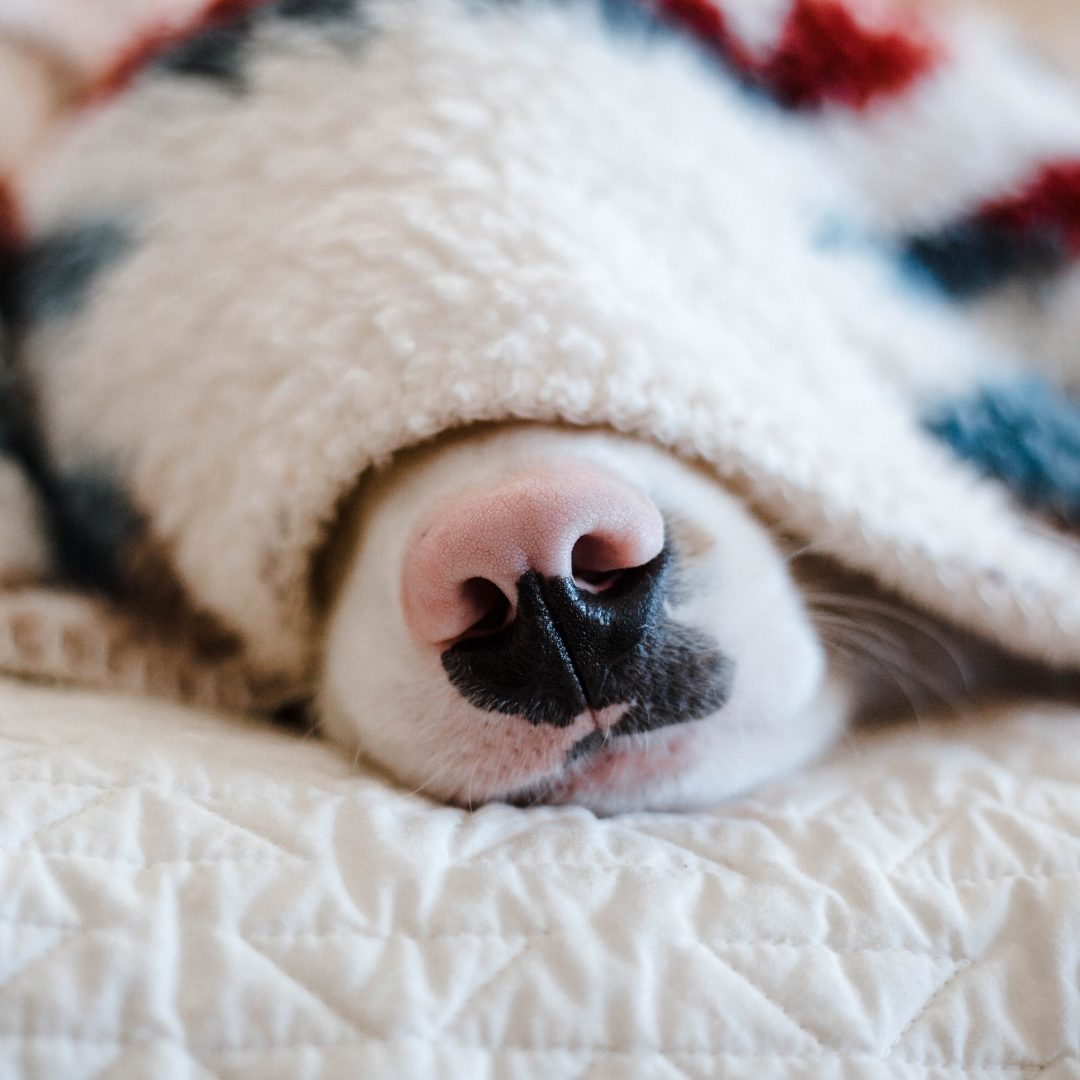
Did you know?
Carnivores tend to need more sleep than herbivores! This is because in the wild, sleeping makes prey animals (that tend to be herbivores) more like to be hunted.
What affects my dogs sleep?
There are many factors that affect dogs’ sleeping behaviours, including breed, age, exercise levels, diet and environment. Age tends to be the most common way to identify sleeping patterns in dogs, although there is a lot of evidence to show how the other facts hugely influence their sleeping patterns.
How much sleep do puppies need?
Like human babies, puppies need lots of sleep to support their growth and development. In fact, puppies can sleep up to 18-20 hours in a 24-hour period, until they’re around 1 year old, when their sleeping patterns start to resemble that of an adult dog.

How much sleep do adult dogs need?
Most adult dogs thrive on between eight and 13.5 hours sleep in a 24-hour period, with the average sitting at around 11 hours. 60-80% of their sleep takes place between 8pm and 8am, when owners tend to do most of their sleeping themselves.

How much sleep do senior dogs need?
As dogs age, they’ll start to sleep more during the day in order to restore depleting energy levels. It may also be a good idea to invest in an orthopaedic dog bed (if you haven’t already) to help support comfortable sleep for ageing bones and joints.

Sleep deprivation in dogs
There’s no ‘right’ or ‘wrong’ when it comes to the amount that your dog sleeps, as long as it’s normal for them and you don’t notice any changes or signs of sleep deprivation.
Irritability, aggression, unusually intense reactions to their general environment, poor memory, loss of appetite and repeated infections due to a weakened immune system are all common signs that your dog isn’t getting enough sleep.
If you notice any changes in your dog’s sleeping pattern, especially if the change is accompanied by other unusual behaviours such as accidents in the house, loss of appetite, and changes in temperament, it’s best to get them checked over by the vet to rule out anything serious.
How can you help give your dog a good sleep?
There are many ways that you can help your dog to get a decent night’s sleep if they’re struggling to relax on their own.
- Exercise, playtime, training and recreational raw bones are all ways to encourage your dog to use up mental and physical energy, which will then naturally lead to the need for sleep to restore it.
- Switching their diet to high-quality raw dog food such as Nutriment is a great way to ensure that digestive discomfort is not stopping them from sleeping. Biologically appropriate raw food (or BARF) will nutritionally support your dog, which will contribute to the healthy function of body systems, and ultimately the ability to relax and sleep.
- If your dog is feeling under the weather, and this is affecting their sleeping pattern, you can supplement their raw diet with Leo & Wolf health-boosting supplements for natural and species-appropriate all-round care.
- Consider Nutriment Hemp Biscuits – functional high meat content snacks with natural hemp ingredients to provide temporary relief for stress, anxiety and restlessness.


